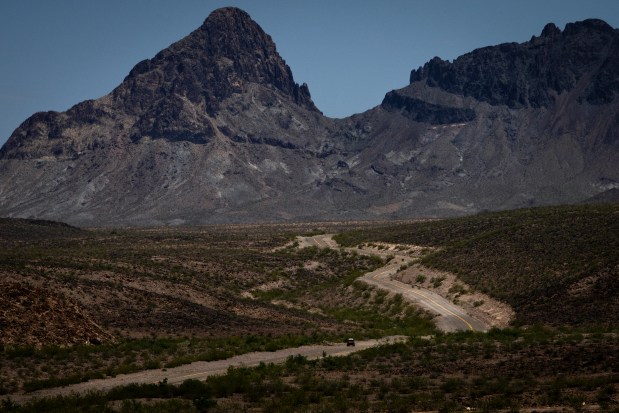TORONTO — The Canadian arbitrator appointed to resolve a messy railroad labor dispute to protect the North American economy has ordered employees at the country’s two major railroads back to work so both can resume operating.
The Teamsters union representing workers said Saturday that it will comply with the order and send its members back on the job, but it will also move forward with a legal challenge.
“This decision by the CIRB sets a dangerous precedent. It signals to Corporate Canada that large companies need only stop their operations for a few hours, inflict short-term economic pain, and the federal government will step in to break a union,” said Paul Boucher, President of the Teamsters Canada Rail Conference, which represents more than 9,000 engineers, conductors and dispatchers.
“The rights of Canadian workers have been significantly diminished today,” Boucher added.
The order should allow Canadian National trains to continue rolling and help Canadian Pacific Kansas City Ltd. railroad get its operation running again.
Both railroads have said they would follow the Canada Industrial Relations Board’s orders. Canadian National trains started running again Friday morning but the Teamsters Canada Rail Conference threatened to go on strike there starting Monday morning. CPKC workers have been on strike since the lockout began early Thursday, and the railroad’s trains have remained idle.
Union officials have said they would “work within the framework of the law” even as they challenged the constitutionality of the arbitration order, announced by the government Thursday afternoon to avert potentially disastrous consequences to the economy.
Businesses all across Canada and the United States said they would quickly face a crisis without rail service because they rely on freight railroads to deliver their raw materials and finished products. Without regular deliveries, many businesses would possibly have to cut production or even shut down.



